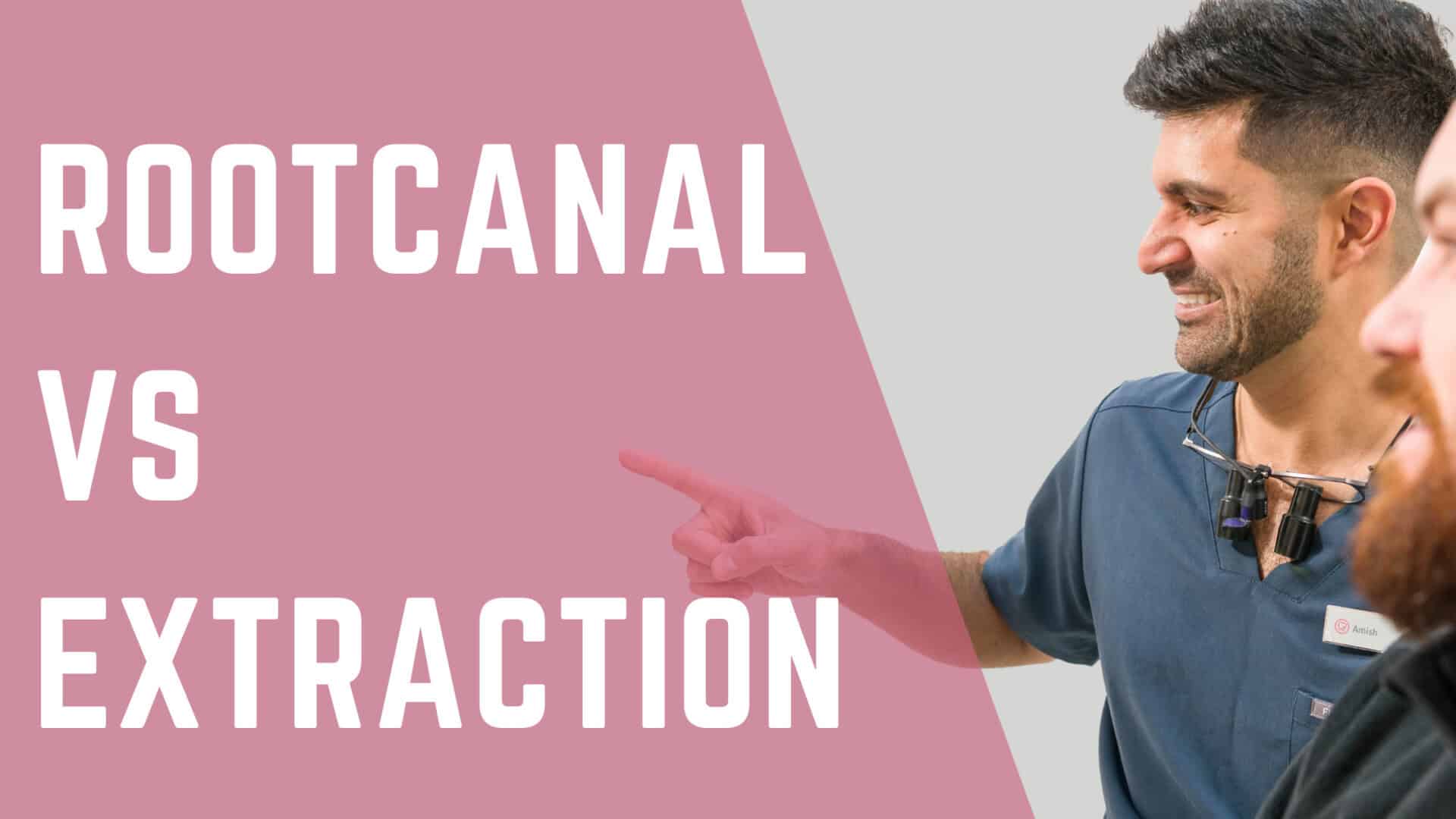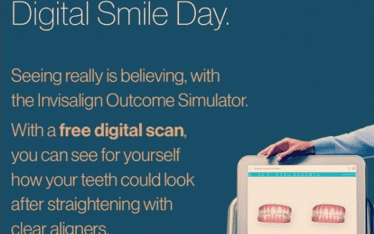Deciding Between a Root Canal and an Extraction: A Comprehensive Guide
When faced with dental issues like severe tooth decay or infection, patients often grapple with a critical decision: should they opt for a root canal treatment or have the tooth extracted? Both options aim to resolve dental pain and restore oral health, but they come with different implications, benefits, and drawbacks. Understanding these aspects can help you make an informed choice.
Understanding the Procedures
Before diving into the decision-making process, it’s essential to understand what each procedure entails:
- Root Canal Treatment:
- This procedure is designed to preserve a tooth that is severely decayed or infected. During a root canal treatment, the dentist removes the infected pulp from the tooth, cleans and disinfects the interior, and then seals it to prevent further infection. The tooth is often restored with a crown afterwards to regain its strength and function.
- Tooth Extraction:
- Extraction involves removing the entire tooth from its socket in the jawbone. This procedure is typically recommended when a tooth is beyond repair due to extensive decay, severe infection, or other dental issues. After extraction, options for tooth replacement include dental implants, bridges, or dentures.
Factors to Consider
When deciding between a root canal and an extraction, several factors should be considered:
- Severity of Damage:
- If the tooth is severely damaged but still has a viable structure, a root canal may be a great option. However, if the tooth is fractured or decayed beyond repair or the infection has spread extensively, extraction may be necessary.
- Overall Oral Health:
- Consider your overall dental health. If you have multiple dental issues, it might make more sense to extract a problematic tooth/teeth rather than undergo extensive treatments that may not be beneficial in the long run. On the other hand, if you maintain good oral health and only have few affected teeth, preserving them with a root canal may be the wise choice.
- Longevity of the Tooth:
- Root canals can often prolong the life of a teeth for many years. In contrast, extracted teeth may need to be replaced with dental implants or other prosthetics, which involve additional time, procedures and expenses.
- Cost Considerations:
- Generally, root canal treatments can be more expensive upfront compared to extractions. However, it’s crucial to factor in the potential costs of tooth replacement if you choose extraction. Implants, bridges, and dentures can be significant financial investments. Not to mention their maintenance and potential replacement.
- Recovery Time:
- Recovery from a root canal can vary but is generally quicker than healing from an extraction. Following an extraction, patients may experience swelling and discomfort for a few days, whereas root canal recovery usually involves only mild discomfort and may not require as much downtime and is normally well managed with common pain killers.
- Future Dental Needs:
- Consider your future dental needs. If the tooth is important for chewing or aesthetics, preserving it with a root canal may be advantageous. If it’s a back molar that isn’t visible and isn’t critical for function, extraction might be a suitable option.
- Patient Preference:
- Personal comfort and preferences play a crucial role in this decision. Some patients may prefer to avoid the risk of ongoing dental issues associated with a troubled tooth and opt for extraction. Others might be more inclined to preserve their natural teeth and choose root canal treatment.
Professional Evaluation
Before deciding, it’s essential to consult with a qualified dentist or endodontist. They can provide a thorough examination, including X-rays, to assess the condition of the tooth and surrounding bone structure. Based on this evaluation, they can offer tailored recommendations considering your specific situation so you can make an informed decision.
Benefits of Each Option
Root Canal Treatment
- Preservation of Natural Tooth: The primary advantage is the ability to keep your natural tooth, which helps maintain jawbone integrity and provides a natural bite.
- Functionality: A root canal treatment allows for the tooth to remain functional, enabling normal chewing and speaking.
- Aesthetic Benefits: Preserving the tooth often avoids the need for dental prosthetics that can alter the smile’s appearance.
Tooth Extraction
- Simplicity: Extractions are generally straightforward procedures and often quicker than root canal treatments.
- Elimination of Pain: If the tooth is severely infected, extraction may relatively quickly relieve pain and discomfort.
- Avoiding Future Procedures: In some cases, if the tooth is unlikely to be salvageable, extraction can prevent the need for multiple treatments in the future.
Risks and Considerations
Each option carries its risks and considerations:
Root Canal Treatment
- Possible Complications: There is a chance that the infection may not be eliminated, requiring further treatment.
- Time-Consuming: The process can take multiple visits, especially if further complications arise.
Tooth Extraction
- Bone Loss: Removing a tooth can lead to bone loss in the jaw, which may affect the alignment of surrounding teeth.
- Need for Replacement: You may need to consider replacing the tooth, which will incur additional costs and time.
- Impact on Bite: Missing teeth can affect the bite and lead to shifting of adjacent teeth.
Making the Decision
Ultimately, the choice between a root canal and an extraction depends on your specific circumstances, dental health, and personal preferences. Here’s a step-by-step approach to making your decision:
- Consult Your Dentist: Schedule an appointment to discuss your symptoms and treatment options, prognosis, pros and cons.
- Get Diagnostic Imaging: Allow your dentist to take X-rays to assess the extent of damage or infection.
- Weigh the Pros and Cons: Consider the factors outlined above, including long-term implications, costs and your personal preferences.
- Ask Questions: Don’t hesitate to ask your dentist about their recommendations, potential outcomes, and any alternative treatments.
- Consider a Second Opinion: If you’re uncertain, seeking a second opinion from another dental professional can provide clarity.
Deciding between a root canal and an extraction is a significant choice that requires careful consideration of multiple factors, including the condition of your tooth, your overall oral health, financial implications, and personal preferences. By consulting with a qualified dental professional at Inspired Dental Care, you can make an informed decision that aligns with your health goals and lifestyle. Remember, both options aim to relieve pain and restore your quality of life; it’s about finding the right path for you.
At Inspired Dental Care, we pride ourselves on being a supportive and friendly team dedicated to helping you make the best decision for your dental health. We understand that making big decisions such as deciding between a root canal treatment and an extraction can be a daunting choice, which is why we take the time to discuss all available options and provide you with the information you need to feel confident in your decision. Our compassionate approach ensures that you feel comfortable and well-informed throughout the process.
We are currently welcoming new patients, so if you’re ready to take the next step towards optimal dental health, call us at 01392 272385. Our lovely admin team will be delighted to assist you in booking a new patient examination and answering any questions you may have.



